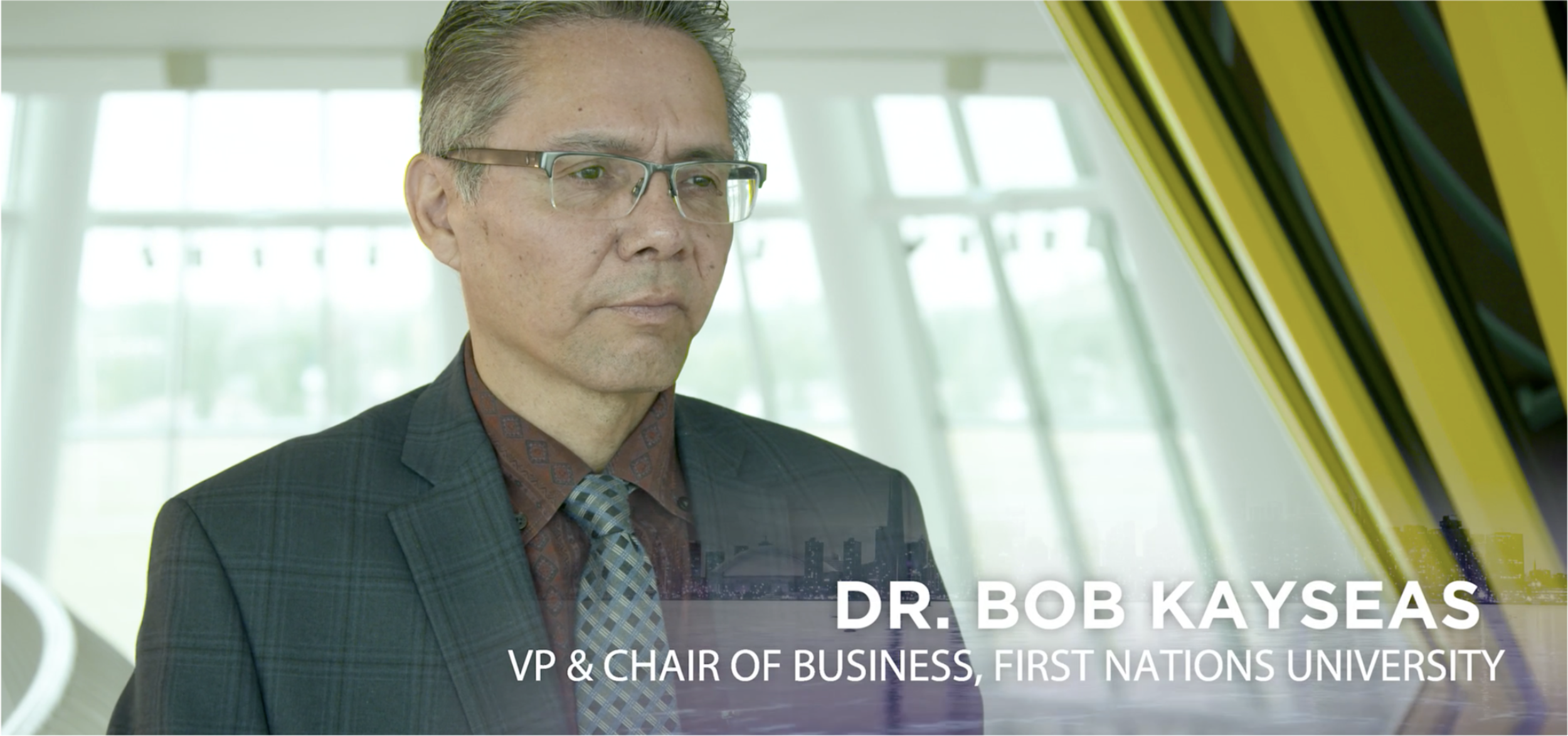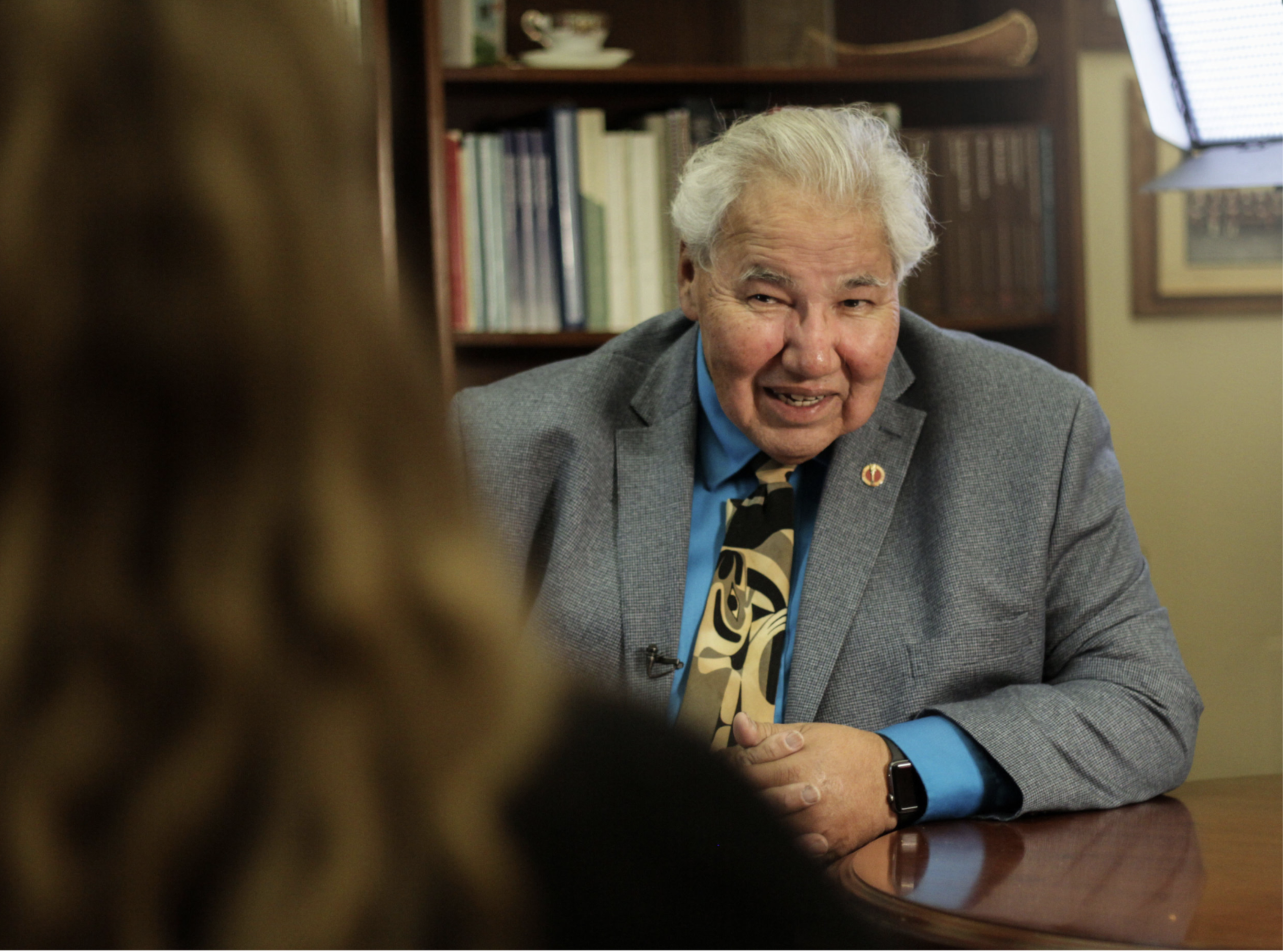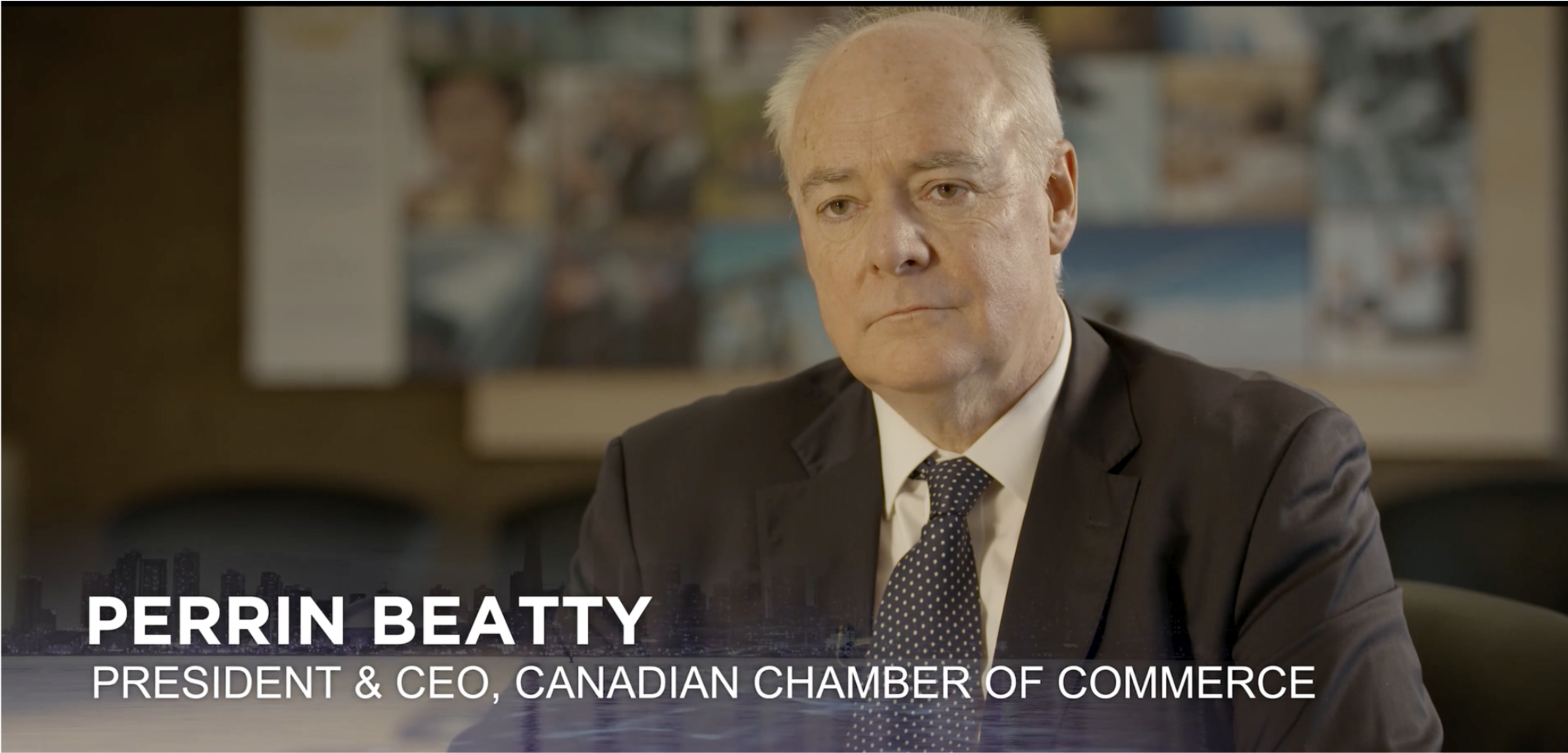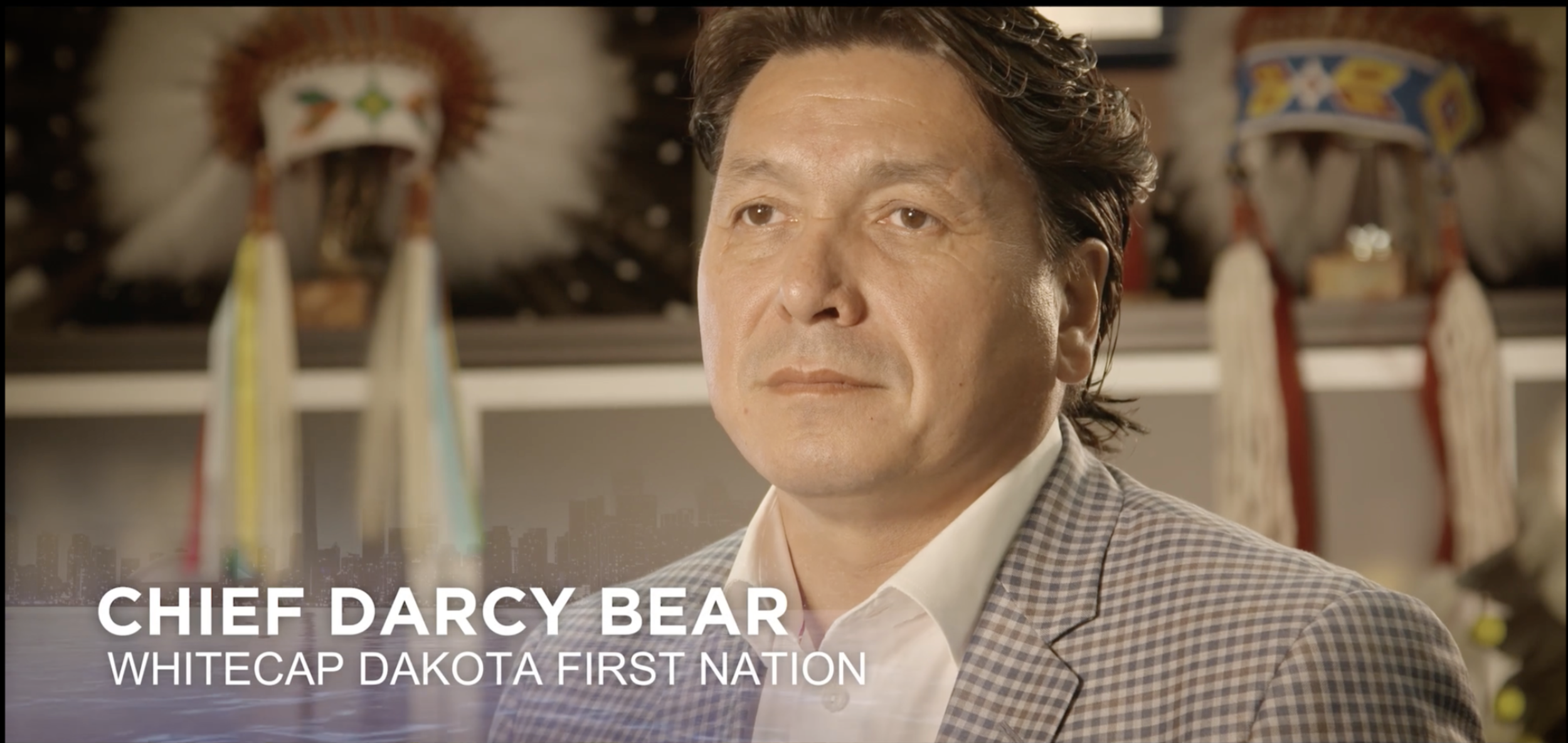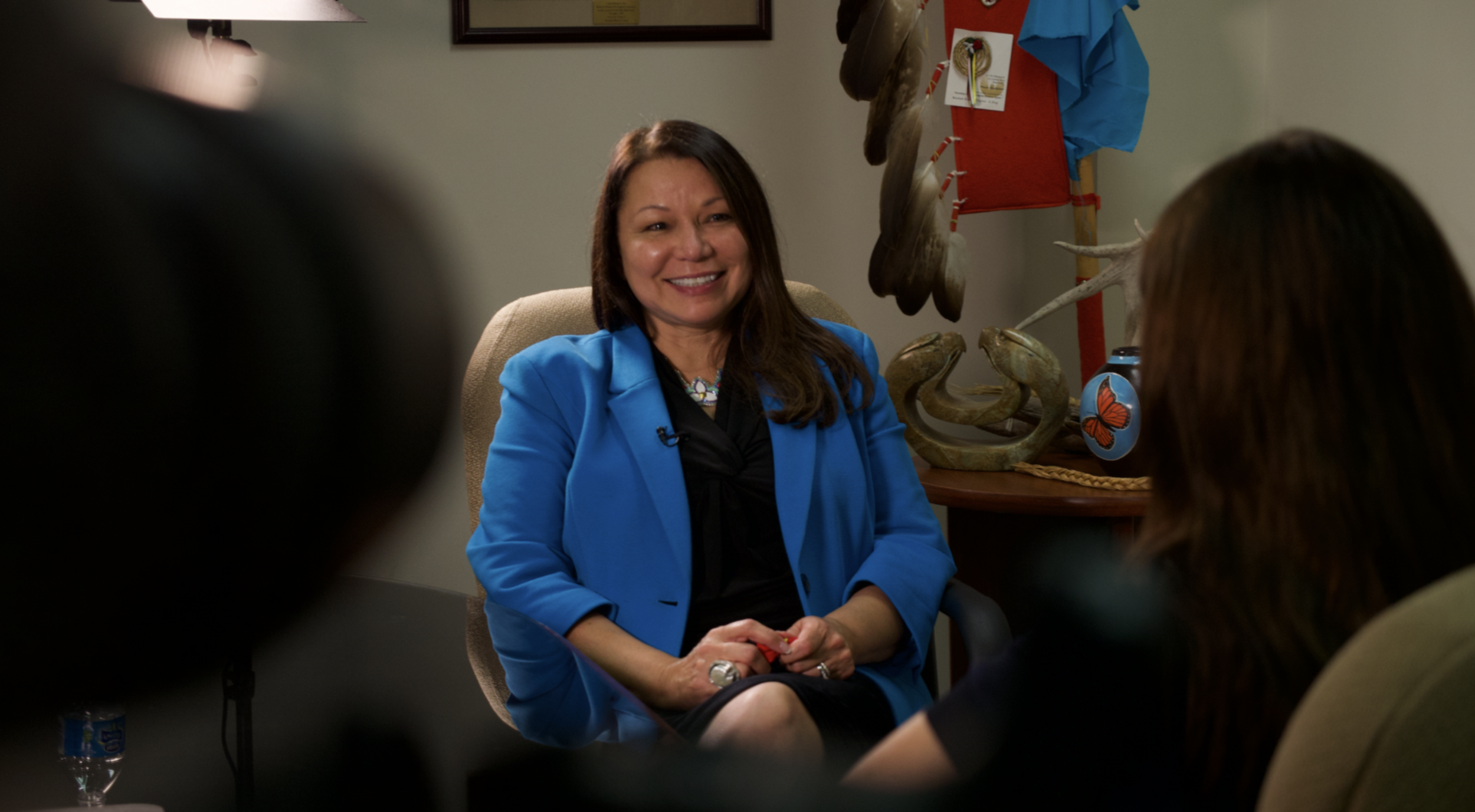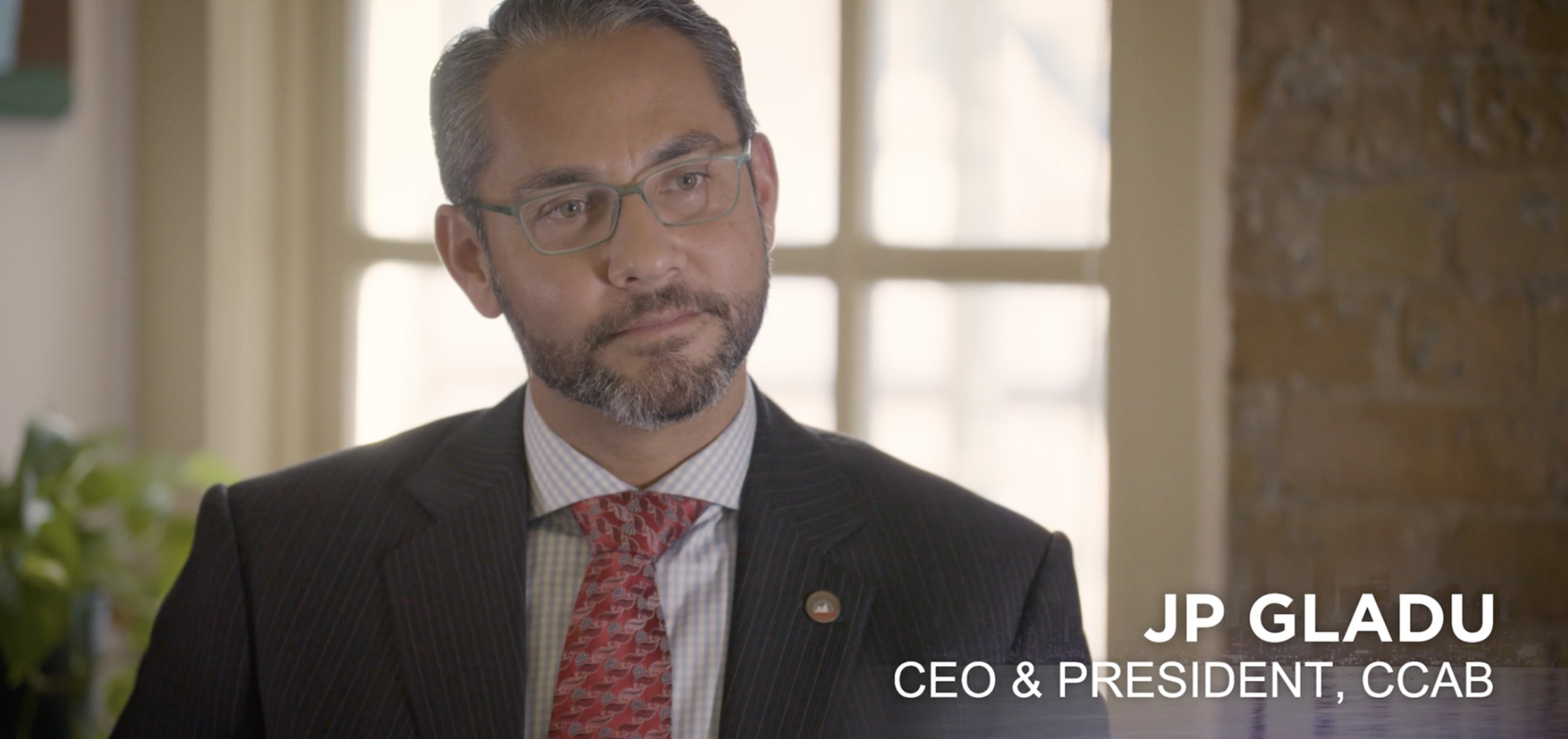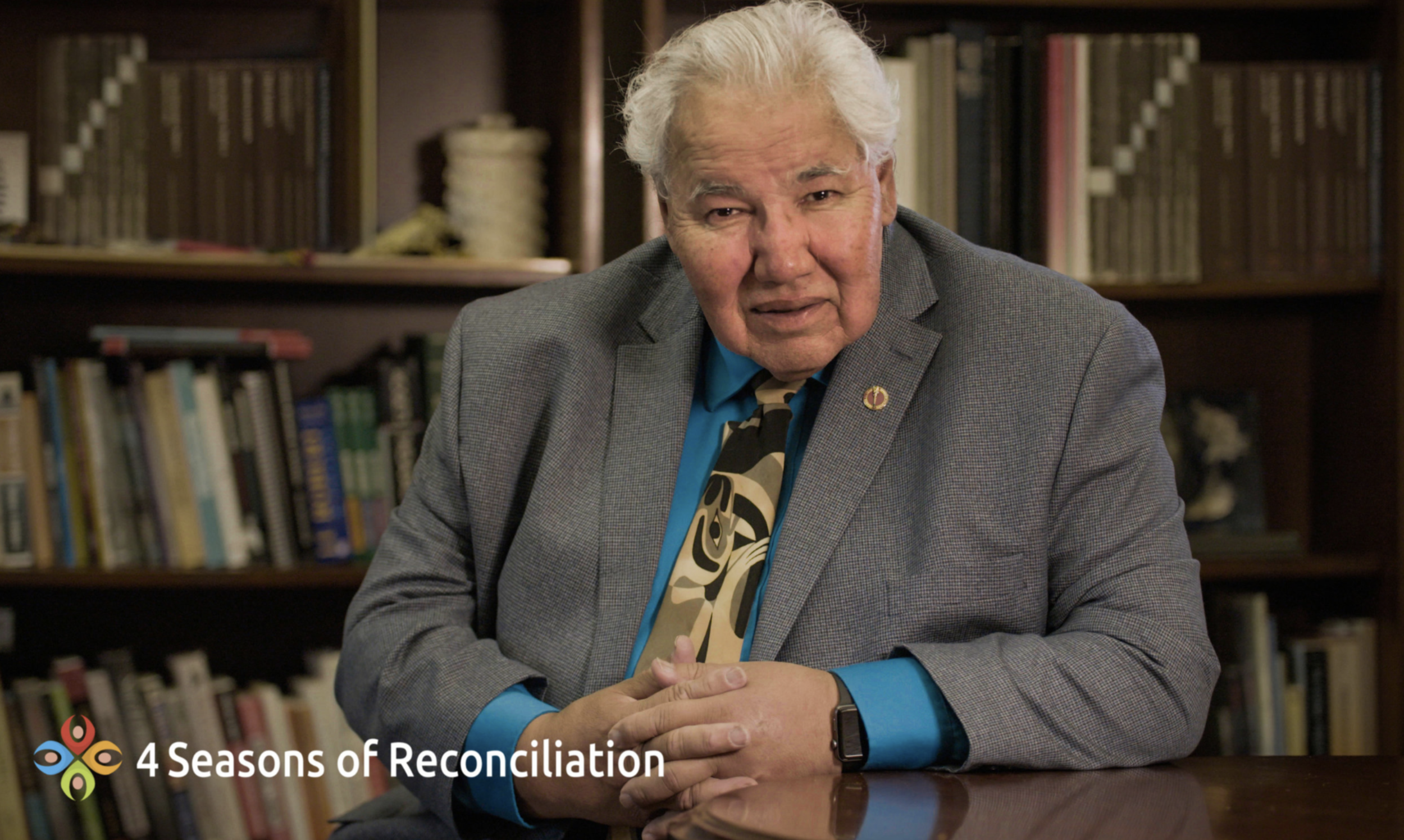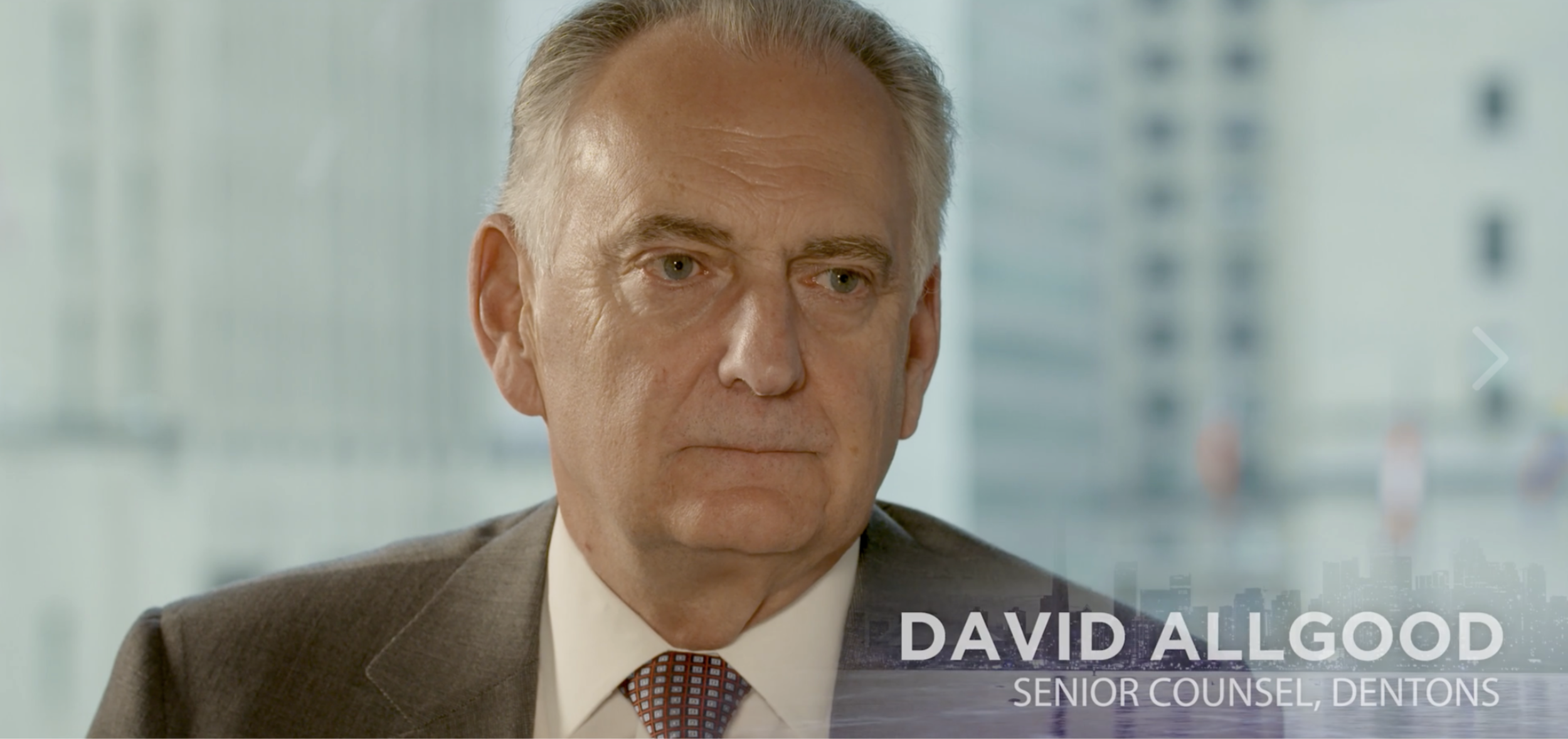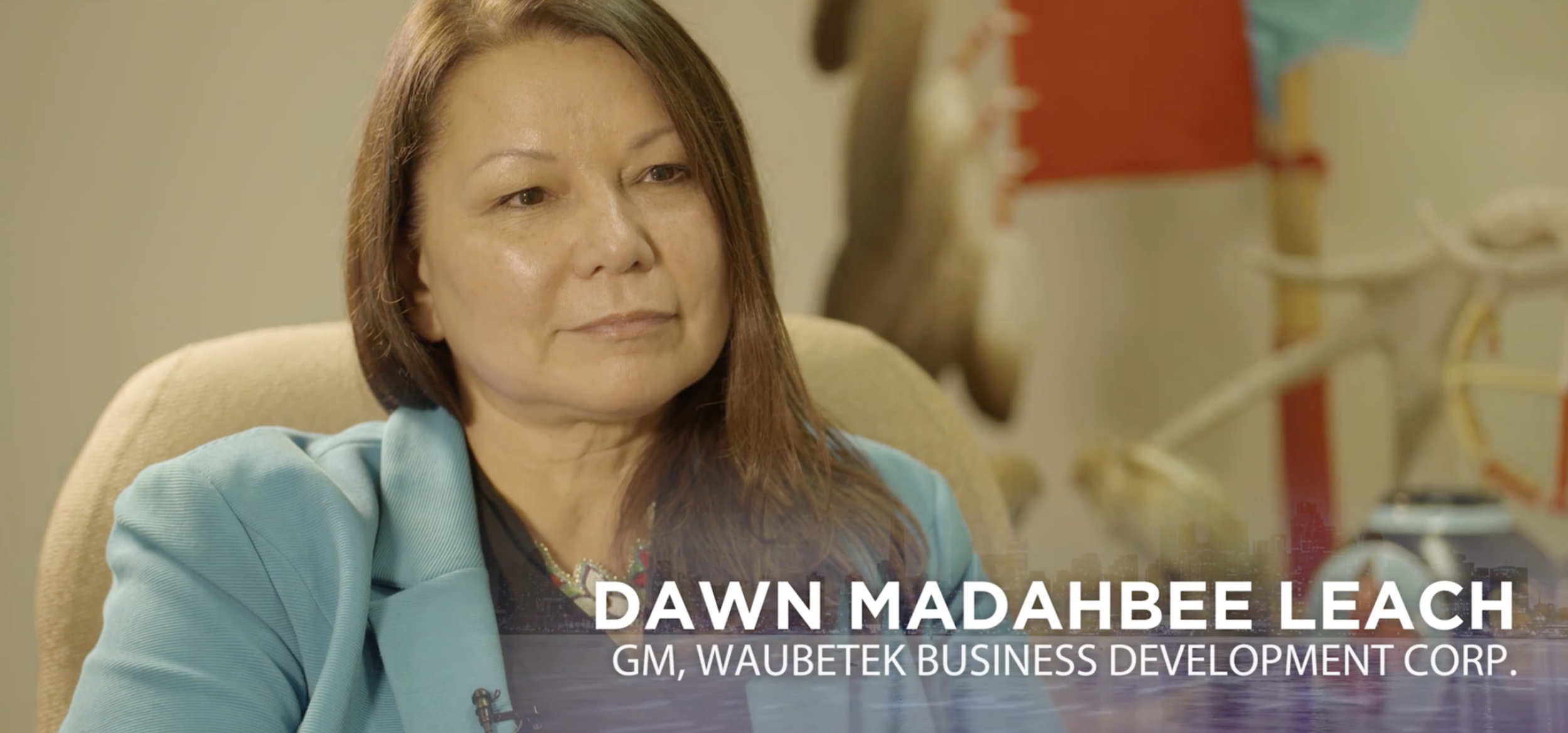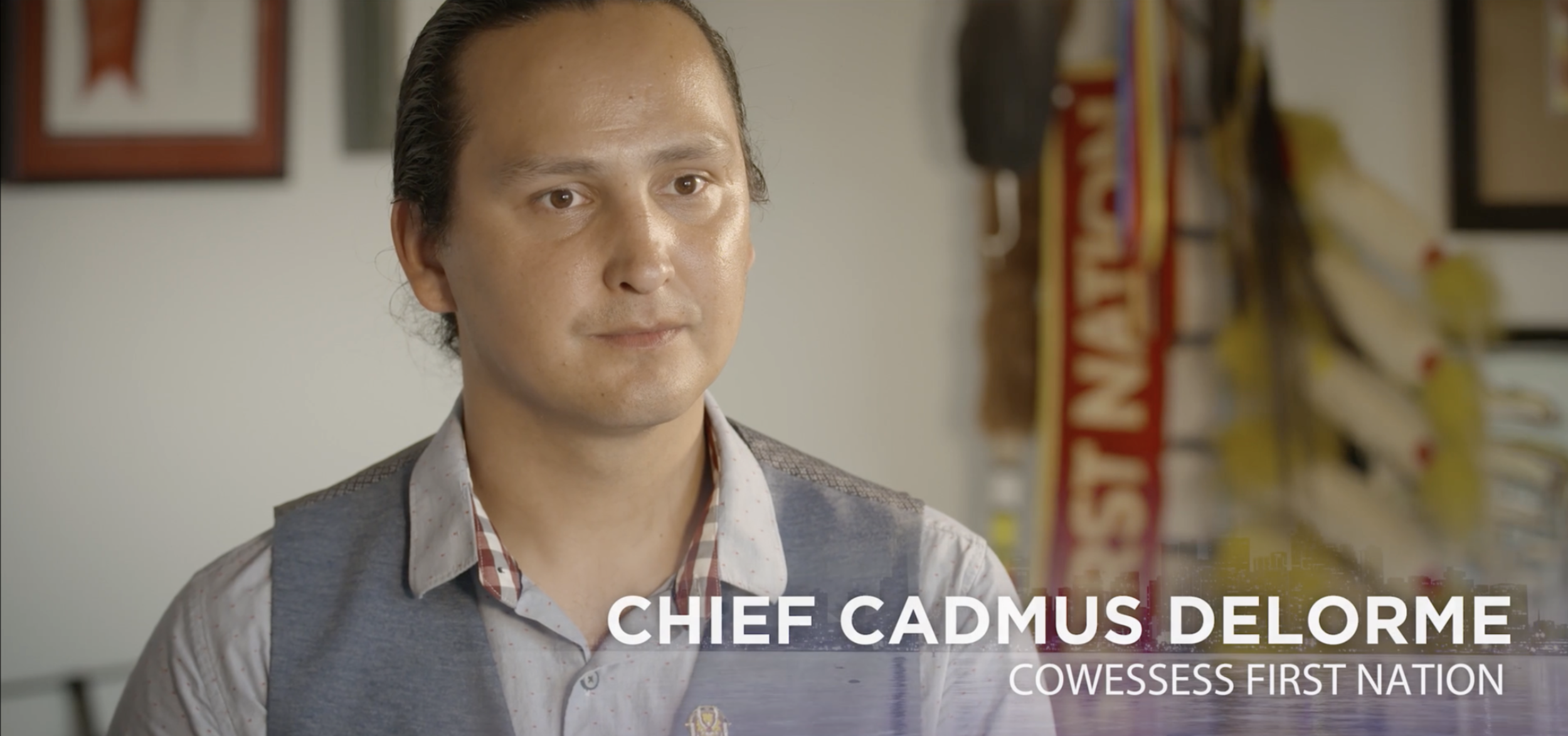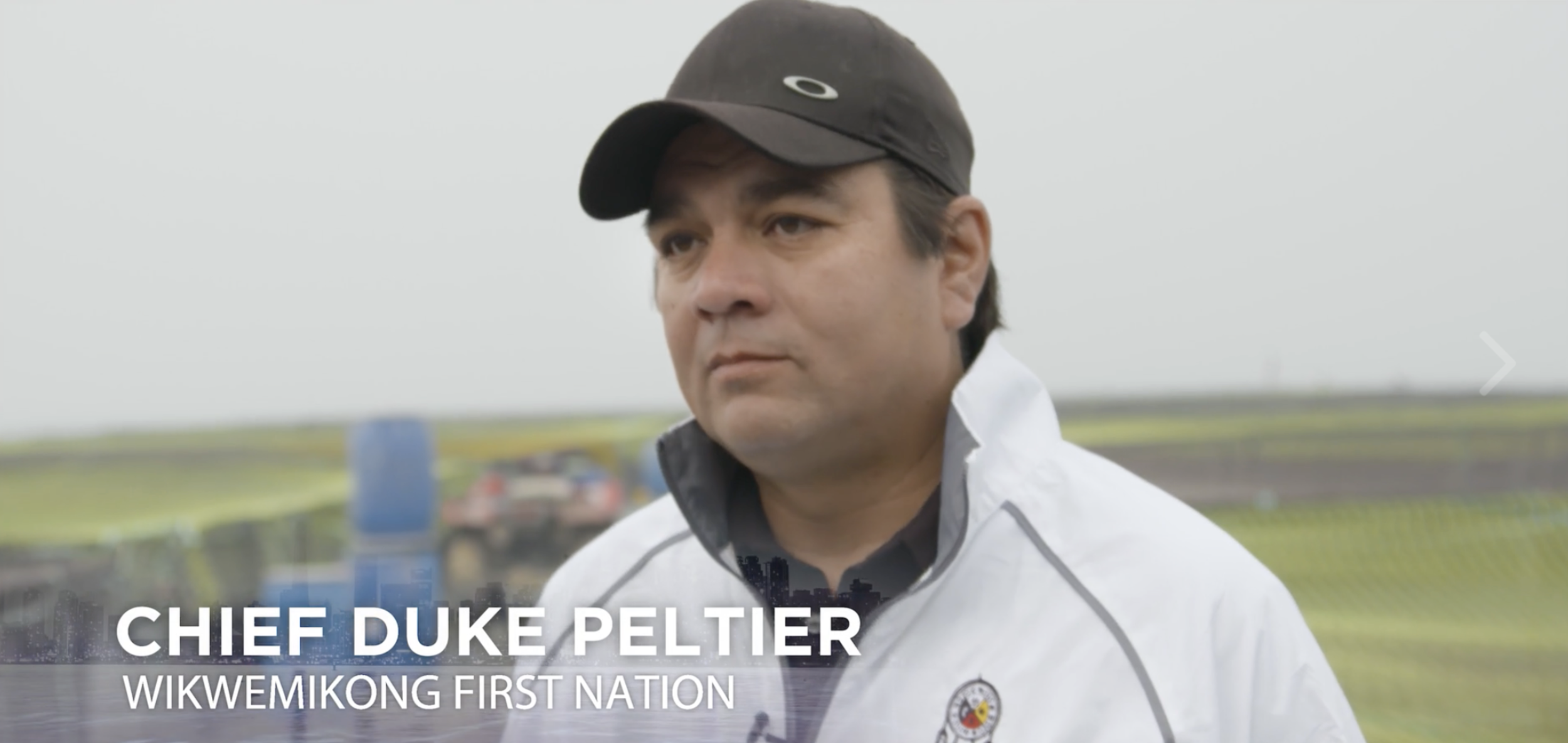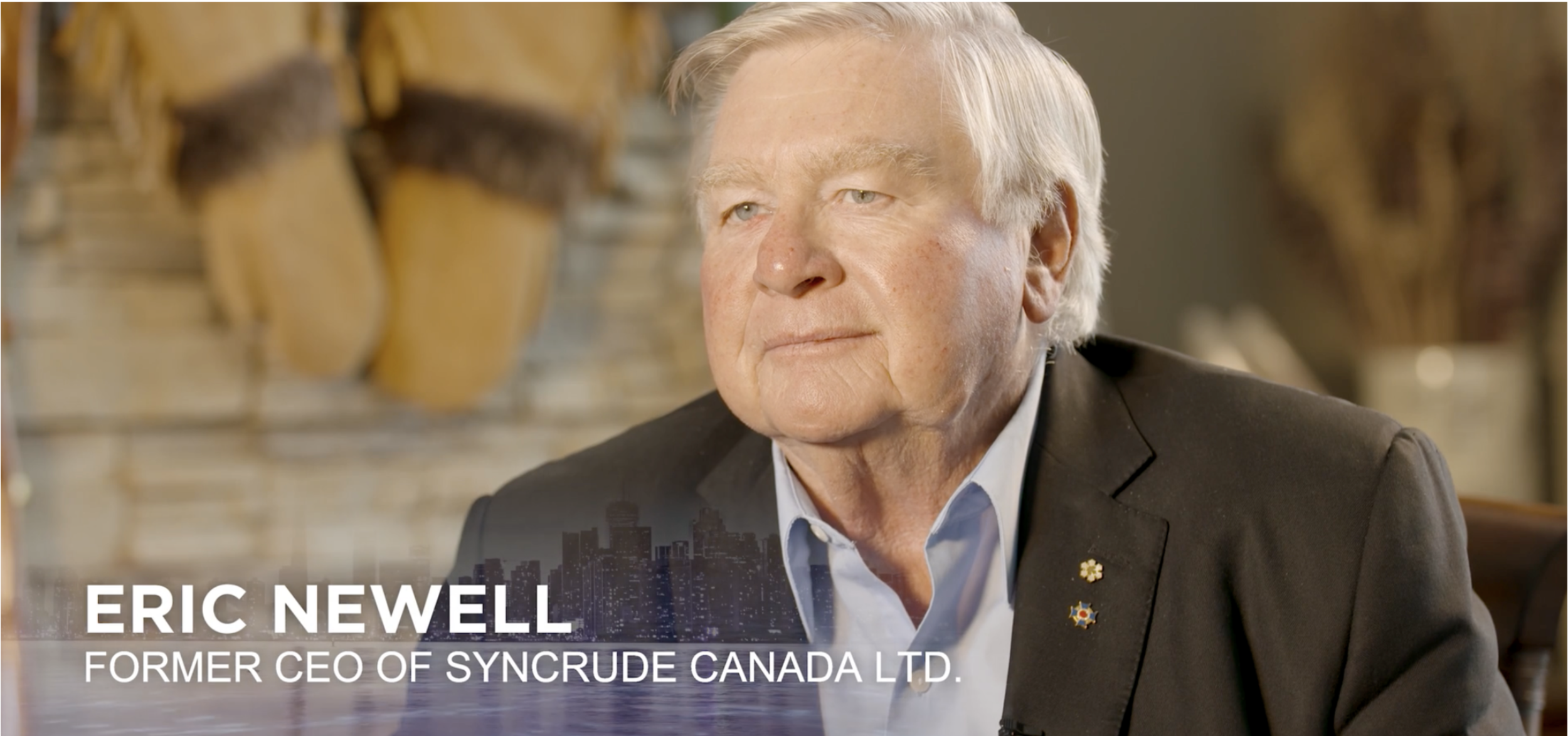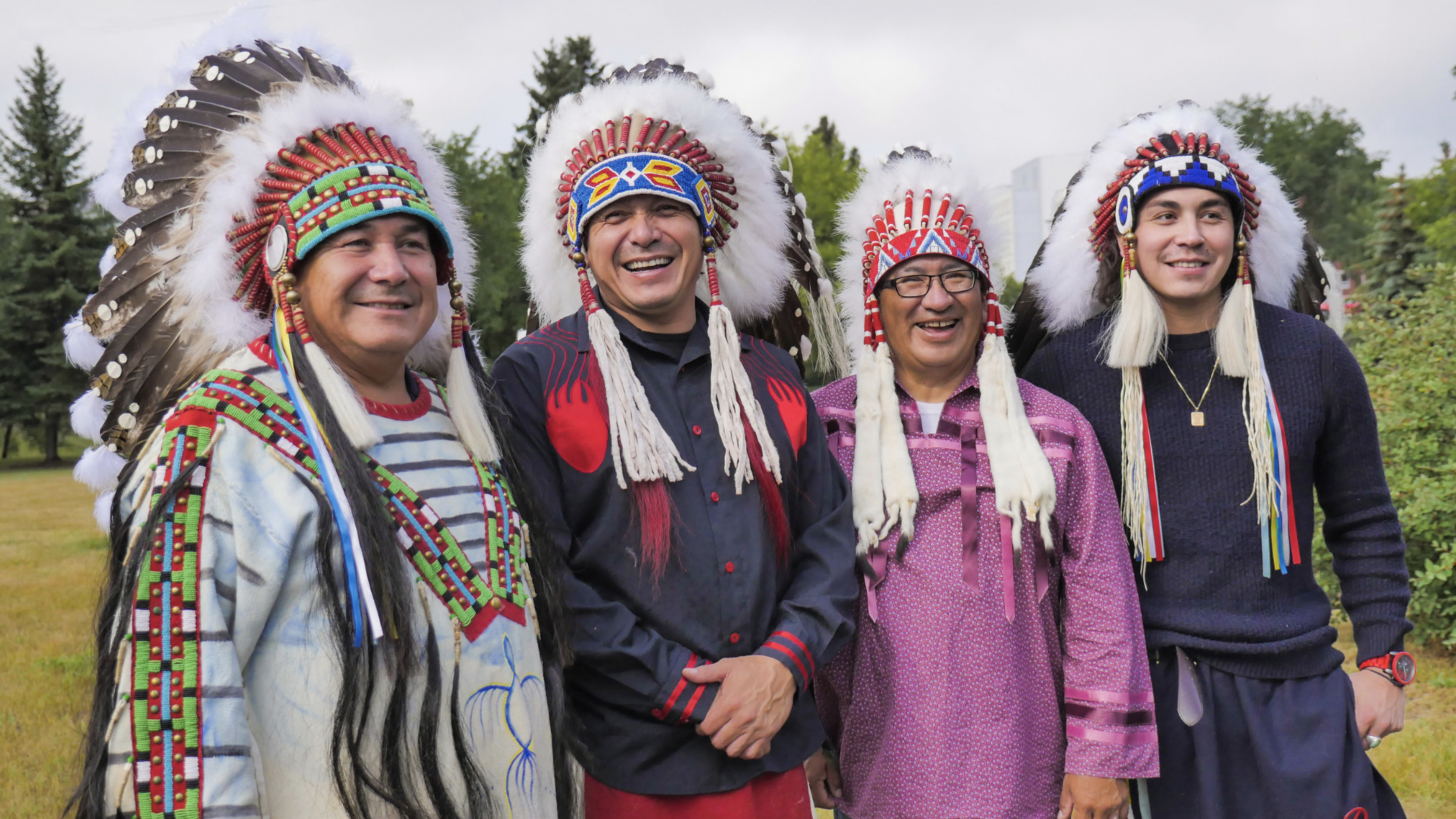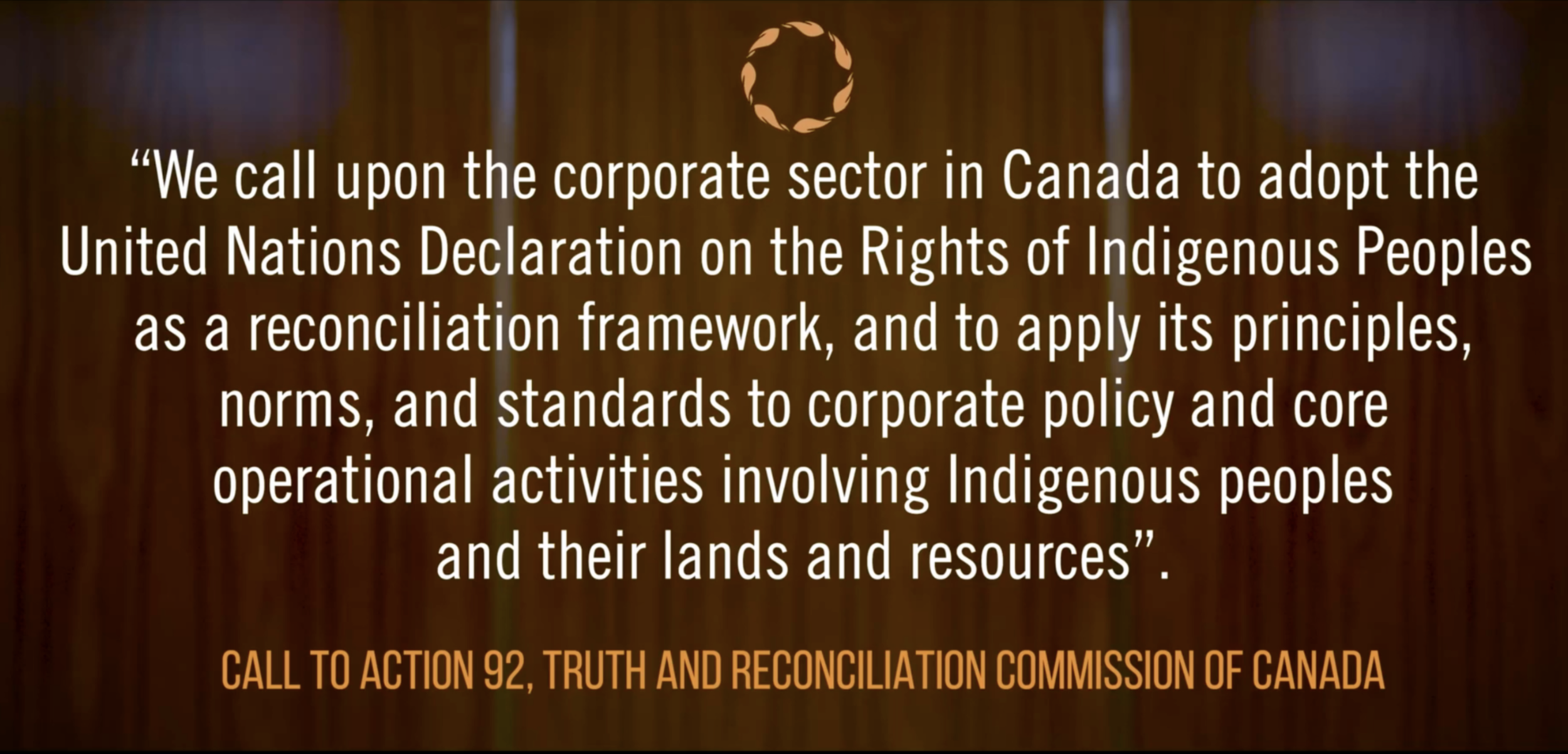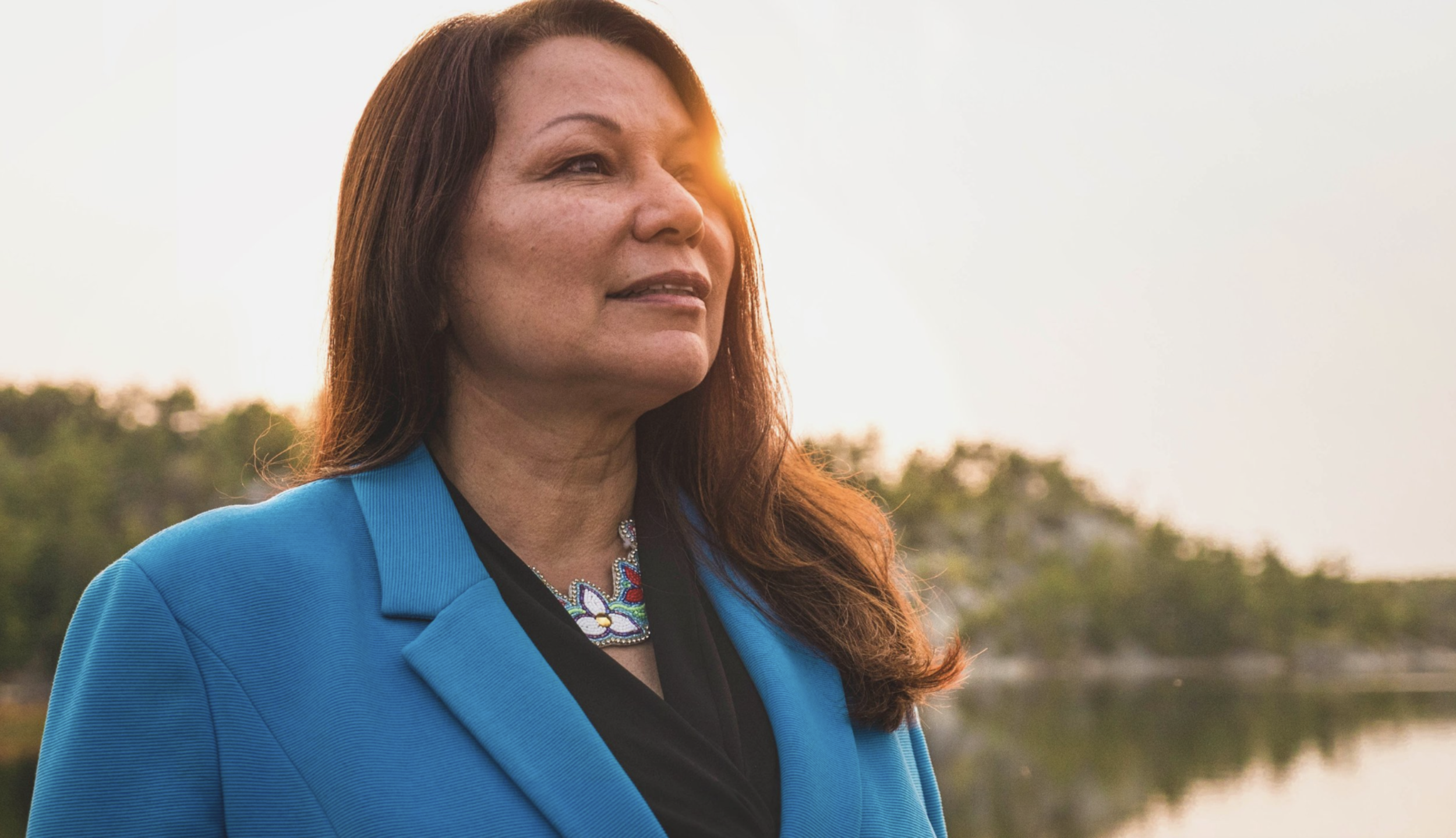module 1
Watch the film: ' Economic Reconciliation'
Reconciliation in the workplace & economic reconciliation:
Synopsis: Produced on the heels of the Truth and Reconciliation Commission’s (TRC) final report, Economic Reconciliation. is the first film on economic reconciliation in Canada. While the TRC’s Call to Action #92 invites Corporate Canada to adopt the principles of reconciliation, Indigenous leaders pave the way forward towards finding concrete solutions that can help fuel economic growth and benefit the entire country. The short film features Indigenous and non-Indigenous leaders sharing their insights and a hopeful glimpse at a respectful and prosperous future.
In every module, at the bottom of the page, we will suggest bonus viewing videos from your ‘Bonus Learning’ library. Questions in the final quiz will not pertain to these bonus sections and these videos can be watched throughout this unit, or you may choose to view them at your leisure, after completing the 10 modules. Every season, more videos are being added to your bonus learning section.
What is Call to Action #92:
We call upon the corporate sector in Canada to adopt the United Nations Declaration on the Rights of Indigenous Peoples as a reconciliation framework and to apply its principles, norms, and standards to corporate policy and core operational activities involving Indigenous peoples and their lands and resources. This would include, but not be limited to, the following:
Commit to meaningful consultation, building respectful relationships, and obtaining the free, prior, and informed consent of Indigenous peoples before proceeding with economic development projects.
Ensure that Aboriginal peoples have equitable access to jobs, training, and education opportunities in the corporate sector, and that Aboriginal communities gain long-term sustainable benefits from economic development projects.
Provide education for management and staff on the history of Aboriginal peoples, including the history and legacy of residential schools, the United Nations Declaration on the Rights of Indigenous Peoples, Treaties and Aboriginal rights, Indigenous law, and Aboriginal–Crown relations. This will require skills-based training in intercultural competency, conflict resolution, human rights, and anti-racism.
Truth and Reconciliation Commission of Canada, Canada’s Residential Schools: The Final Report of the Truth and Reconciliation Commission of Canada, (2015), v6 Reconciliation, p 204
Photo Gallery From the Film:
Module Quiz
To complete Module 1: Take the quiz. These short quizzes will assist you in retaining the information you have learned. These are not graded - only the Module 10 final quiz will be.
COMING SOON:
Extended Video Bonus Features:
About the Toronto Premiere:
The event was held on October 16th at the King Edward Hotel in the financial district with the film premiere of, Reconciliation on Bay St. (Productions Cazabon) followed by an Indigenous panel of experts: Carol Anne Hilton, Chief Duke Peltier, Jean Paul Gladu and David Sharpe. The panel was moderated by Max Fineday with closing words by Chief Cadmus Delorme. The writer of the film, Maurice Switzer was honoured with a special gift from a Dene Elder and nine Residential School Survivors were in attendance. Proceeds from the event went towards Scholarships at First Nations University of Canada.




